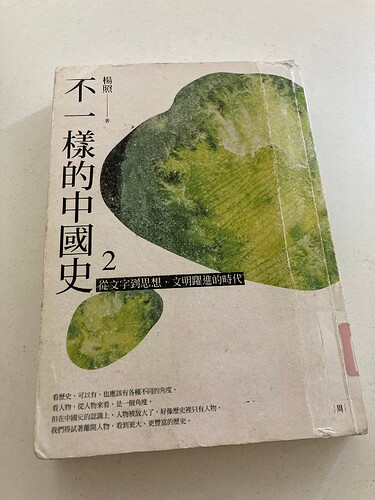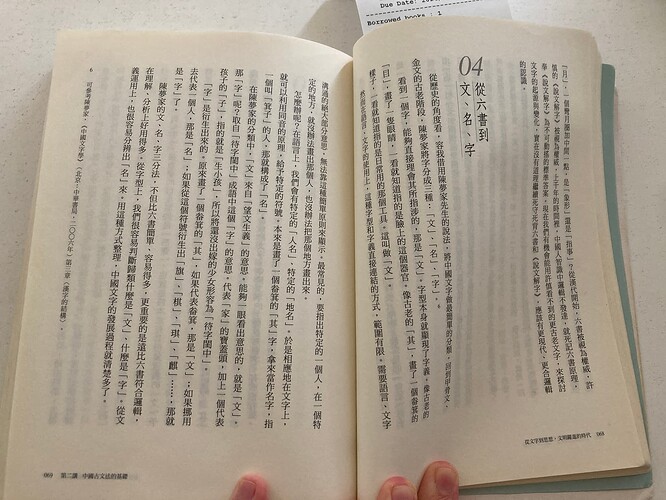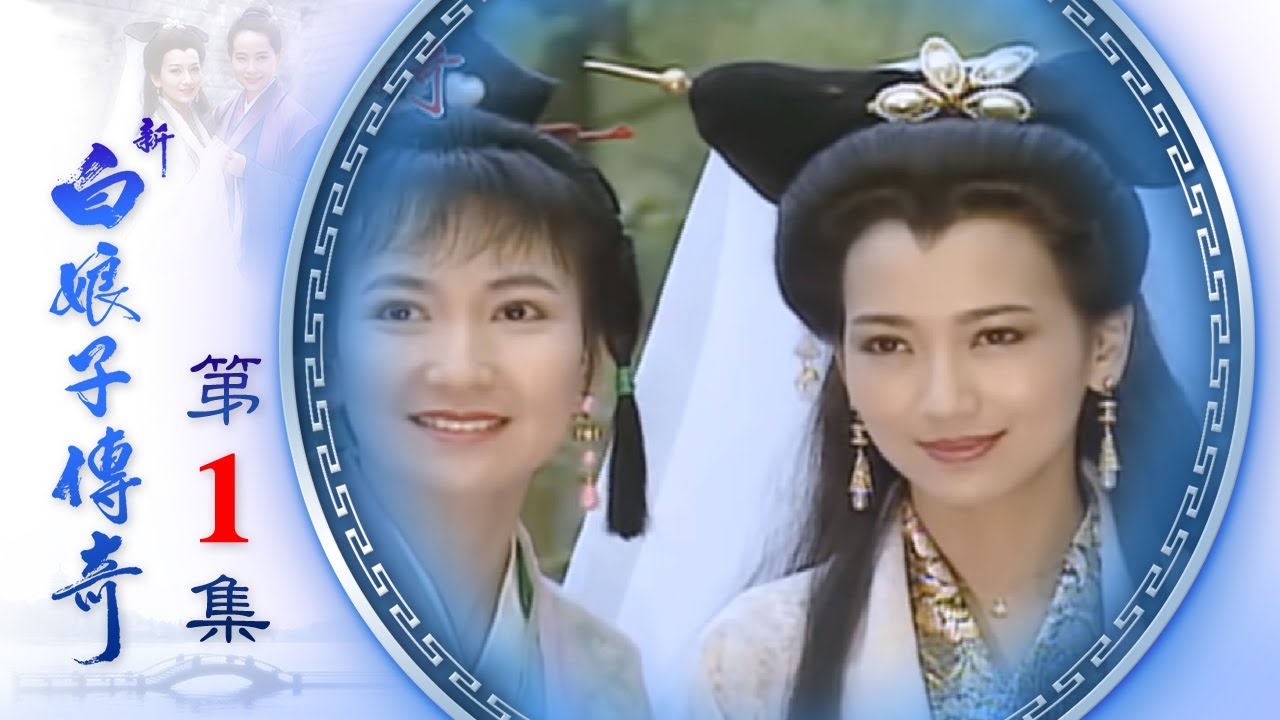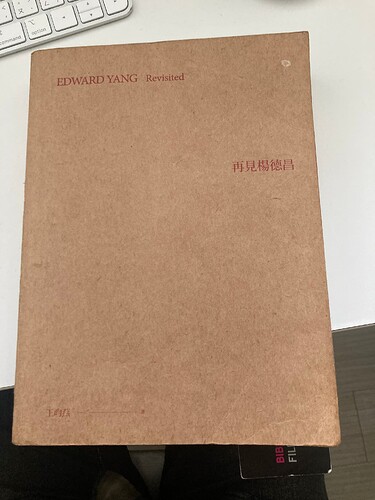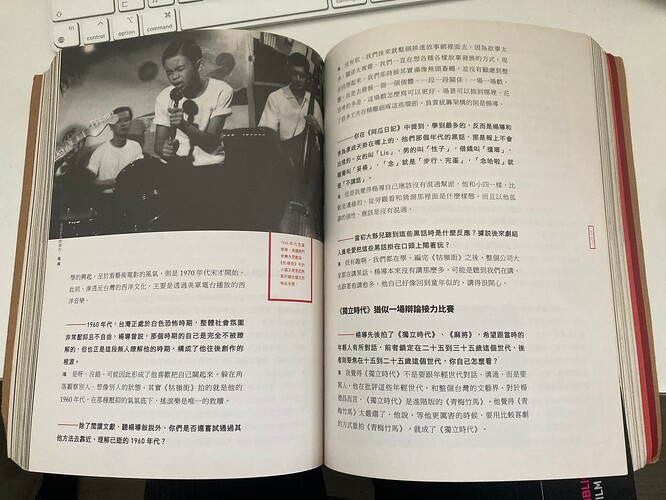Woah that’s super awesome that you can do this. I also never even considered reading Wikipedia as a source.
The great part is that all articles have a language dropdown. So even if one does not know the exact word, phrase, title, or noun for a given page, they can just go to the English Wikipedia equivalent article then choose 中文 in the dropdown. Unless it is quite niche it will usually have a corresponding Chinese article. This is great for events in history.
The other nice part is that one can choose either simplified or traditional, making it a resource for everyone regardless of script preference or knowledge.
It’s been a while since my last update!
I’ve finally reached a level where reading most things is not really a struggle. It still is not nearly as smooth as English, and I think I will continue to make noticeable improvements now that I’m reading an hour or two a day. I can go to the bookstores here in Taiwan and pick most things off the shelf and read without much issue - albeit MUCH more slowly than I would like - maybe not recalling the pronunciation of a character per page, many of these characters being those not (yet) in the HanziHero curriculum. That is, those annoying #3500-5000 most frequent characters that can only be conquered by reading voraciously. But I slowly pick them up, and once the number of words in HanziHero gets to a better level, will start adding them to HanziHero as well!
On the listening front, I’ve started leaning heavily on podcasts. I have posted around here before, and made a video or two about it, but I think improving listening really is the most time-intensive part of Chinese. I probably have like 3000 hours under my belt and still feel like it lags behind my reading, which couldn’t have more than half of that, if even that. So I have a rule that whenever I leave my apartment, I listen to a podcast or put on some Mandarin-language music. Given that walking around and eating takes up a good two or three hours a day, I get a decent amount of listening in just from that rule alone. I then supplement it by watching videos here and there. Sometimes informational videos, sometimes historical ones. Lately I’ve been watching a Let’s Play of Windwaker in Chinese that I found on Bilibili. I’ve pretty much replaces all my watching/listening habits in English (though, to be honest, I never watched many videos before anyway) with the Chinese equivalent. Now it is just the long game of maintaining the habit… sort of indefinitely.
On the speaking front, I’ve started doing some Glossika - the old offline version - to perfect my pronunciation and grammar. That’ll probably take a year to finish. Every now and then I do shadowing where I watch some videos of a comedy livestreamer in Taiwan and try to repeat after him. Just these two have lead to some pretty big improvements. Though, in my experience, the biggest improvement is less from consciously practicing speaking, and more on just listening as much as possible per day. I find a big difference in my command of the language, my ability to think in it, and so on if I get in a couple hours of listening a day.
I think my future goals, besides continuing to make more conscious speaking progress and continuing my daily immersion, are less on the language-front and more on the cultural or knowledge front. After all, learning Chinese was sort of a means towards that end - of understanding more about the culture and history here. I hope to start reading a bit of history or literature a day. For history, I have found a VERY long 13-book series published in Taiwan, 不一樣的中國史 that covers most of Chinese history that I try to read a section or two a day of. And for literature, I want to make my way through the 20世紀中文小說100強 which is a well-known list of 100 significant modern Chinese novels of the 20th century.
I’ve been doing more of the same, trying to carve out more time to do conscious speaking and shadowing practice. However, it is a lot of effort, so I often lie to myself and say that just listening to more TV shows will help. It does in large doses, but not nearly enough as doing conscious speaking practice, of course.
In my procrastination on that front, I recently started watching a pretty great series called Reset that is making me feel like I should really start looking into contemporary Mainland TV shows with more earnestness. I’m about 3 episodes from the end. The concept is a Groundhog Day like scenario where one person is in a time loop where the public bus they are on keeps on blowing up. They have no choice but to try and solve why it is blowing up and try to prevent it to get out of the time loop, lest they remain stuck in a sort of eternal bus exploding purgatory. It sounds really cheesy, but it is actually extremely well executed. ![]()
![]()
Thank you for the dictionary. I downloaded it on my Kindle, and it is considerably more useful than the built-in one. Also, I really like that it shows both the simplified and traditional characters; that way, I can get a better sense of differences (when there are any).
Great to hear! I still use it every day on my Kindle. ![]()
At some point I hope to convert Cross-strait language database - Wikipedia into a Kindle dictionary as well, which is another great open-license database that I often use in Pleco.
Besides that one, all that I’m missing is one of the more authoritative Mainland dictionaries with traditional script. However, as far as I’m aware, there are virtually no traditional script mobi dictionaries, whether free or for purchase ![]() . I don’t feel a pressing need for anything other than MoEDict currently, but if I wanted one of the other big dictionaries I think my only option would be to get a simplified script one and convert it to traditional, which will have its own big issues.
. I don’t feel a pressing need for anything other than MoEDict currently, but if I wanted one of the other big dictionaries I think my only option would be to get a simplified script one and convert it to traditional, which will have its own big issues.
I incidentally looked into other larger e-ink devices this week to read PDFs on, since the Kindle is too small for that. That lead me to try out some Kobo and Boox devices in-store. I’d say that for reading basic epubs, Kindle still reigns supreme.
I also started watching Reset the other day! My mandarin level is still way below the level to actually understand much in it, but the fact that it’s a time loop makes it so some words and phrases get repeated very often which is helpful. Plus the show is pretty good!
Haha, I didn’t even think of that at the time, but it is very true! I think the Detective Conan anime may also be good in that regard, given that every episode is a case with the same sort of structure and conclusion.
I’ve realized that I’m far more motivated to read when I read physical books, so I’ve been using my Kindle less and less. Instead, I signed up for the local library system here in Taipei, and have started using it. The main branch’s huge 9-story building is a 15 minute bus ride from my apartment if I catch the right bus, so my plan is to go there a couple hours a day to read. It’s nice to get out of my small apartment, and it is also far less distracting to read in the blissful quiet of the large library.
Right now I’m continuing to read 不一樣的中國史. I’m currently on book 2 out of the 13 in the huge series. Here is the beat up copy I checked out from the library recently:
And the current page I’m on:
Another great thing about the library is its extensive collection of magazines. They also retain the past year and a half of issues for most magazines that one can rent out, which I plan to take advantage of. For those curious, here are the main magazines I plan to read every now and then:
- 天下雜誌 - This is sort of like The Economist, but for Taiwan. In short, it is the most authoritative weekly economic journal with a standard classical liberal stance… for better or for worse
 .
. - 聯合雜誌 - This seems to be the most popular arts magazine. Hip, but not too pretentious. Broad enough coverage: for example the latest issue’s cover story is about the manga author who created Chainsaw Man, I think. I haven’t read much of it so don’t have much to report quite yet.
- 印刻 INK, 文訊, 冠軍 CROWN - three other artsy magazines, the former two with a greater focus on literature. I haven’t read any of these yet, but will start to sample if I can find the time.
Besides that, one magazine I want to read is 財新 Caixin, which is the definitive economic weekly journal from mainland China. As far as I can tell, it has much broader and more investigative coverage than 天下, even despite the fact that it is continually hamstrung by censors. For example, the latest food scandal controversy in China around cooking oil being transported in unclean storage drums was initially reported by them.
However, as far as I can tell, it is not possible to get a physical copy in Taiwan. As in, it seems to be literally embargoed, as I think only one or two magazines from Mainland China have ever been approved for import. I guess I’ll have to get it digitally if I ever want to read it, but I think the ones I can get from the library will satisfy my curiosity for now.
I’ve been watching “Legend of the White Snake” recently, which is great and a bit cheesy. About a minor celestial being in historical China who decides to enter the human world and marry some naive but good-hearted doctor because that doctor saved them in one of their past lives. Has random excerpts of singing, though those become less frequent as the show goes on.
Available online for free, but unsure if that is only in Taiwan:
One thing that I’ve found to help a bunch is to listen at a loud volume and just repeat random phrases I hear to practice my pronunciation.
Also been reading a book about the Taiwanese director Edward Yang that someone I met here lent me. Has a bunch of interviews with people who worked alongside him. Though he is, at least outside of Taiwan, one of the most famous Taiwanese directors, his Mandarin was actually not great according to many people in the book. He lived in America for a decade or more and most of the scripts and directing notes he made were primarily in English, which was the language he mainly thought in. Thought that was pretty interesting!
The past week I’ve been studying. Not “studying Chinese”, but rather, “studying in Chinese”!
I’ve lived in Taipei for 3.5 years now and am starting to get a bit restless with the big city life. So I decided a week or so ago to get my scooter license so I can rent scooters in Taipei, or more importantly, in other cities in Taiwan when I go travel around the island.
So I signed up for a scooter driving school the past week, each day going to class for ~2+ hours! All classes where conducted in Chinese.
The scooter test consists of two parts: a written test and a driving test.
Here’s he driving part which I practiced a couple hours this week:
The written test is far harder, probably by an order of magnitude as it requires actually memorizing a bunch of facts. Some of them completely irrelevant to scooter driving safety, like whether a certain violation is 3,000 NTD or 3,600 NTD. ![]()
Here is the official practice site where one can simulate the test:
https://www.mvdis.gov.tw/m3-simulator-drv/index
Note that one can choose one’s language! However, I heard that most of the English questions are horribly translated, and the ones I saw were awkwardly phrased, so I decided to do all of my studying in Chinese. This mainly consists of doing the test here and checking my wrong answers and trying to remember them.
Here is a sample question:
The passing score is 85% and I scored a shaky 88% yesterday on the official test! Now I just got to pass my driving test tomorrow and I can get my license.
Was definitely a new experience going to a class entirely in Chinese. Given that I self-studied all my Chinese, this is my first “Chinese class”, though technically it is instead a “class conducted in Chinese”!
I hope the answer is 2…
